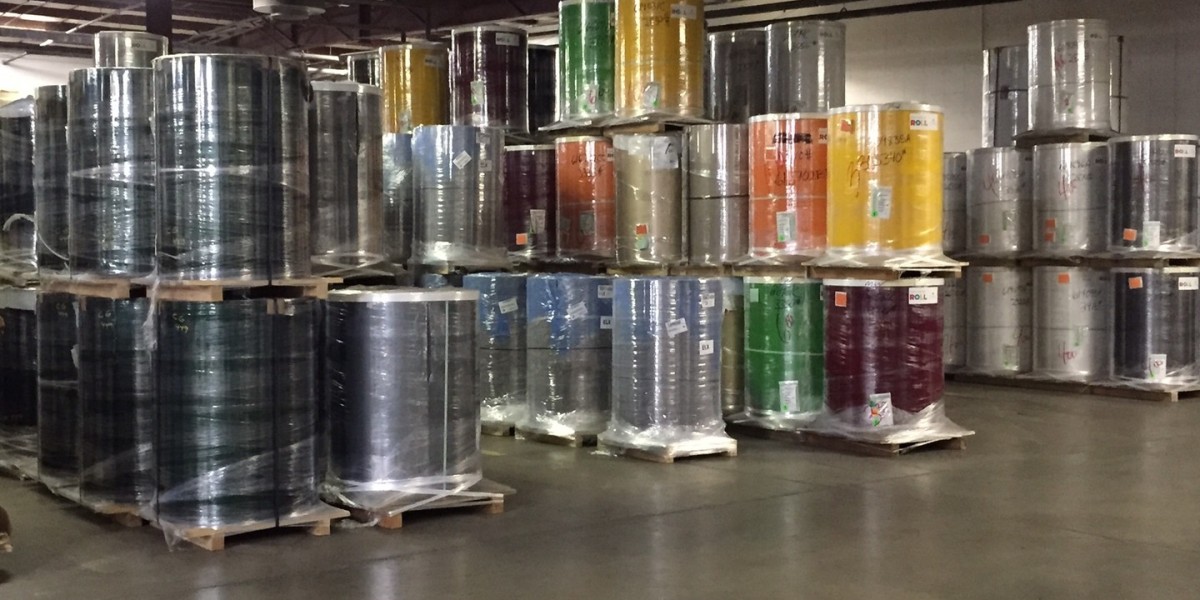When it comes to selecting and storing aluminum coils, there are many factors to consider to ensure you choose options that meet your needs. This comprehensive guide will walk through the intricate details of choosing the right aluminum coil for your application and properly storing coils to maximize their usage and lifespan. Let's get started!
Understanding Aluminum Coils
Before diving into coil selection and storage specifics, it's important to have a foundational understanding of what aluminum coils are and their common applications. Aluminum coils, also known as aluminum sheet coils, are flat-rolled sheets of aluminum metal that have been coiled for efficient transportation and storage. They are widely used across various industries due to aluminum's desirable properties such as lightweight yet durable characteristics, corrosion resistance, and conductivity.
Common applications of aluminum coils include: construction materials, containers and packaging, heat exchangers, heat sinks, roofing and siding panels, HVAC ductwork, transportation vehicle manufacturing, and more. The many alloy options and finishing treatments available allow coils to be tailored for specific performance requirements.
Choosing the Right Alloy
One of the most critical factors when selecting an aluminum coil is choosing the appropriate alloy. Aluminum alloys vary significantly in their inherent material properties, which influences the coil's performance for a given application. The main alloy series options include 1000, 3000, 5000, and 6000 series, each with distinct characteristics suiting different needs.
For example, the 1000 series provides excellent corrosion resistance but limited strength. The 3000 and 5000 series offer higher strength while maintaining good corrosion resistance. The 6000 series delivers the highest strength of the common alloys at the cost of reduced corrosion resistance. It's important to understand your project requirements and environmental exposures to select the alloy series that best fits.
Considering Coil Properties
In addition to alloy, the coil's physical properties such as thickness, width, temper, and surface finish must align with your needs. Coil thickness depends on the required strength and rigidity – thicker coils provide increased stiffness but are less formable. Width is chosen based on the sized needed to cover surfaces. Temper, or hardness level, is selected to match the forming and fabrication processes.
Surface finishes such as mill finish, brushed, and anodized impact factors like corrosion resistance, lubricity, and aesthetics. Some applications may require additional protective coatings to be applied. All of these properties must be carefully matched to your project specifications.
Choosing a Reputable Supplier
The quality and service provided by your aluminum coil supplier can significantly impact the usability and longevity of coils. It's important to research a supplier's industry reputation, read customer reviews, and inquire about their manufacturing and quality control processes. An established supplier with a track record of reliable products and support will give you peace of mind that your coils will perform as needed.
Cost Considerations
Naturally, budget is a primary factor in any material selection. Aluminum coils vary widely in price depending on alloy, size, surface treatments, and other factors. It's important to understand cost tradeoffs between coil attributes and find an option that provides the needed performance within your allocated budget.
Proper Coil Storage
Once coils are purchased, proper aluminum coil storage is necessary to protect their condition until use. As outlined on the aluminum coil storage, there are several key practices to follow regarding aluminum coil storage:
Maintain coils in a dry, ventilated environment to prevent corrosion caused by humidity. It's best if the original packaging remains sealed until use. Consider placing wooden separators between coils for airflow. Allow temperature equalization before unpacking if coils will see large temperature changes upon use. These storage best practices will maximize the service life of your investment in aluminum coils.
Conclusion
Choosing and storing aluminum coils requires attention to many intricate details in order to select options that meet all project needs. Carefully considering alloy selection, size properties, finishes, supplier qualifications, costs, and proper aluminum coil storage techniques outlined here will guide you to coils that perform precisely as required. With the comprehensive information provided, you'll be well equipped to make informed choices for your specific aluminum coil application needs.











